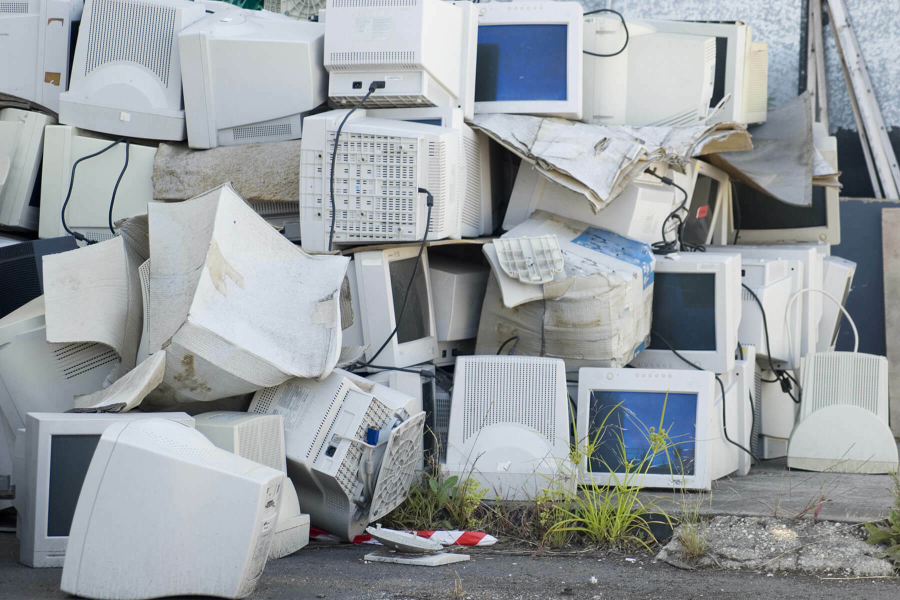Recycle Your Electronics
Each year, between 22 and 55 tons of electronics enter the waste stream. Most end up in an incinerator or a landfill, but you can help keep our air, land and water clean by recycling your mobile phone, personal computer and other electronic devices.

Technological advancements have led to countless benefits: modern medicine has increased the average lifespan worldwide, while personal computers and high-speed Internet provide access to information and educational opportunities that would have been impossible before their existence.
In this rapidly developing technological world, it seems that new, must-have, high-tech devices are released every few months. So what happens to technology when it is no longer relevant? Each year, between 22 and 55 tons of electronics are disposed of. Most end up in an incinerator or a landfill as opposed to a recycling facility, and can result in lost natural resources, polluted air and contaminated water.
What can you do?
- Do not throw your mobile phones, personal computers, video game consoles or other electronic devices away. The toxics in these devices do not belong in landfills.
- Donate electronics for reuse if possible. Reputable reuse organizations include the National Cristina Foundation or the National Computer Exchange. Verizon offers trade-in and recycling programs for unwanted cellphones, and their Hopeline program donates used phones to survivors of domestic violence.
- If your electronics are too worn for reuse, find a reliable organization in your area that will recycle them. It is important to do your research before recycling your unwanted electronics, because recyclers will sometimes ship these devices to landfills in developing nations. The best option is to use a recycler who has earned an e-Stewards certification from the Basel Action Network. This certification encourages recycling organizations to use sustainable electronics disposal practices.
- Many electronics companies and stores—including Best Buy and Staples—have voluntary take-back and in-store drop-off programs where they recycle unwanted electronics free of charge.
- Be sure to protect your personal information by erasing all data from your hard drives before recycling your devices.
